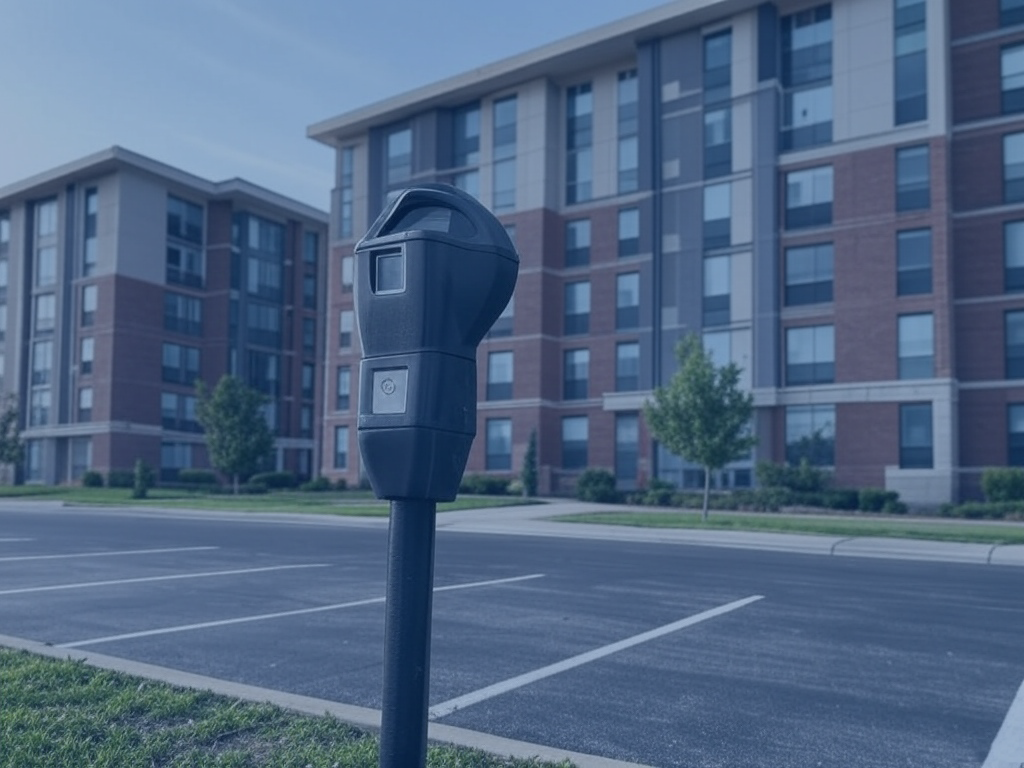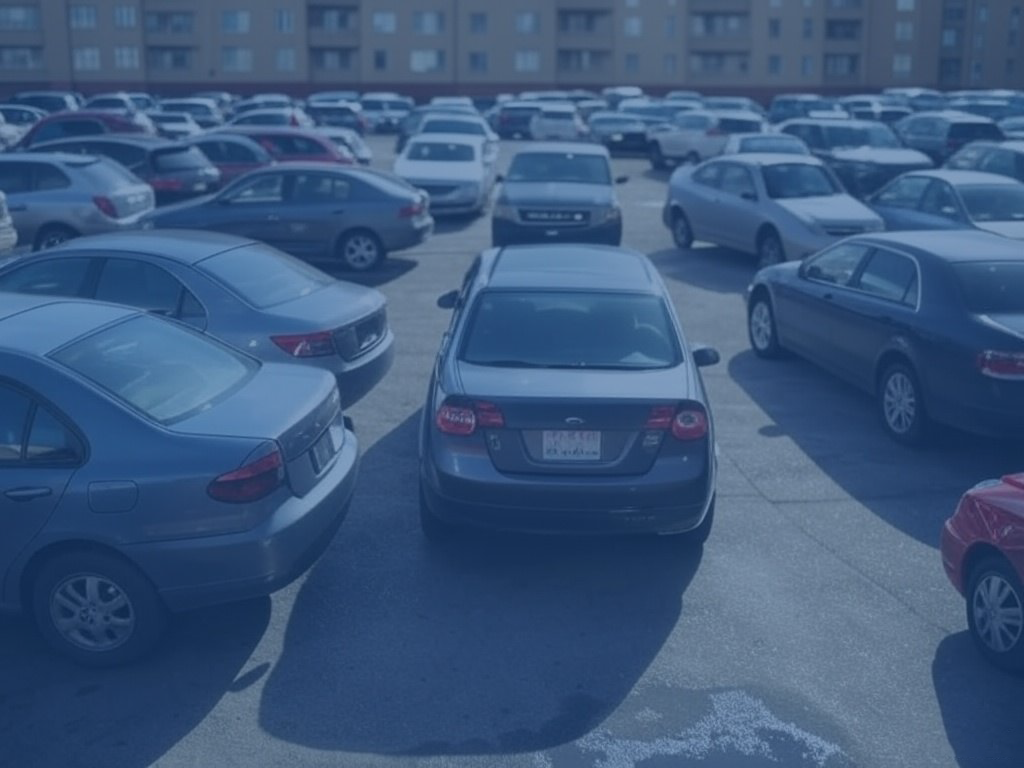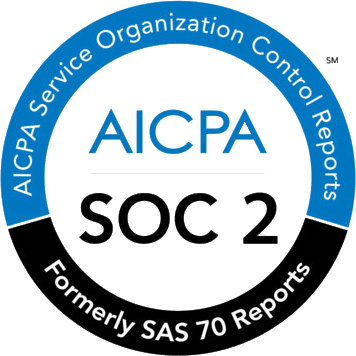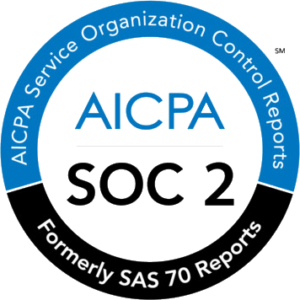So you’ve decided to invest in a parking sharing app for your business. Congratulations, your life is about to become a lot simpler. Yet, the launch can be tricky if you don’t have the right parking sharing app regulations from day one.
There is no magic solution here. Parking policies are often a direct extension of a company culture. For example, if your management structure is flat, your parking regulations should reflect this.
This means that what works for one company will be a disaster for another business. However, everyone needs to consider the same key areas.
I work on these issues every day and know them inside out. Yet, the best advice I could give is to not get too sidetracked in the detail.
It’s important to weigh up the options but it’s much more beneficial to choose some regulations to get started. You will realize quickly what needs to be changed.
Too often I see companies spending a massive amount of time working up the policy they think they need. Then when they go live they realize 90% of it wasn’t necessary.
Regardless here is the meaty stuff.
Table of Contents
ToggleWho should I prioritize?
Here’s the top regulations to watch out for. Get these right and it should be smooth sailing.
Optimize your parking management operations with software
Find out how Wayleadr's parking mnagement software can help you reduce costs and enhance your employee experience
Get a DemoSeniority
Probably the biggest consideration. Do you want to give people preferential treatment based on seniority?
Many businesses already have a system like this in place. The obvious benefits of this approach are that it keeps your highest paid staff happy. In theory, happier senior management should lead to a more productive company.
On the flip side, many companies are looking to move away from overtly hierarchical structures. It can be hard to convince employees that everyone is equal when the car park is a daily reminder of inequality.
The other key concern is the travel habits of senior management. Many executives report using cars to get to work because they have the privilege of a parking space. However, when they think about it carefully they’d be equally as happy to cycle.
Having worked with 100s of businesses to implement parking sharing apps, there are trends. The most popular approach here is to have a small pool of senior staff with guaranteed parking at the office.
The largest variable here is whether these employees have an opt-in or an opt-out preference. An opt-in preference means that an employee has a space any day they want one but they need to book it. An opt-out preference means a default booking each day which they opt-out of they are not using.
Either approach is going to increase your pool of available parking spaces for other employees. The opt-in preferences will ensure the highest engagement. Yet, it does place a slightly larger onus on staff.
Outside of senior management, some companies like to tier other staff members into multiple levels. Even when a level isn’t guaranteed a space they may have preferential allocation.
For example, think of a company with three levels. Now lets say a level 2 employee and level 3 employee apply for a space on same day. If there is only one space available, the level 2 as the most senior employee will get the space.
Disability & Health Issues
Arguably the one non-negotiable for all employers is to make their office accessible. Things are no different when it comes to parking.
Any parking sharing regulations should take special account for employees with limited mobility. This may be a result of permanent disability or temporarily (expectant mothers, broken legs etc).
You will hear no grumblings from other staff if this is the first cohort of people who are prioritized.
Business Use
Does your business require staff to spend large amounts of time on the road? If so, you need to consider how to deal with employees who are using their car daily for work.
Obviously, if an employee requires a car for work you don’t have a massive amount of choice but to provide space. Either this or you reimburse them for the expense of parking off-site.
What you want to avoid here, is people driving to work every day just because they need there car for one meeting. If this is a big issue for your business, partnering up with a carsharing company can be a good step.
The car-share is permanently available for employees looking to go to meetings during the work day. This can free up a lot of extra space in the office parking lot.
Optimize your parking management operations with software
Find out how Wayleadr's parking mnagement software can help you reduce costs and enhance your employee experience
Get a DemoLength of Commute
Should a person who lives 5km away on a direct bus route take precedence over someone 60km away with no public transport?
This is probably the area which employers get wrong the most often. Companies focus heavily on other criteria without ever analysing who has the most difficult commutes.
There is a reason for this, tracking commute length at scale can be a challenge. However, most good parking sharing apps can do this.
Difficulty of commute is known to increase the likelihood of an employee leaving. Getting your priority right in this area can do wonders for retention.
Carpooling & EVs
If most companies were honest with themselves, their staff are over-dependent on driving fossil fuel cars alone to work. This makes providing parking facilities more expensive and also isn’t good for the environment.
A great way to move the dial here is to reward good behaviour. Many forward thinking employers are starting to give precedence to electric vehicle drivers.
While if a motorist carpools they are guaranteed a parking space at work. Think about it, if three drivers all share a ride, that is two extra spaces which can be put to better use.
Length of Service
This is an interesting issue and only tends to raise its head in the public service. Basically, parking is allocated based on the length of time an employee has spent working for a company.
While in some ways this might sound fair, from experience it is a crude factor to consider. Length of service is a good measure of loyalty. Yet, it does not consider value added, distance to travel, professional need to drive or a whole host of most relevant factors.
If you have lots of space, maybe giving a space for life might be a good idea to incentivise people to stay 10 or 20 years. However, if working with very limited space it is definitely best to avoid.
Is there anything else to consider?
Once you figure out where you stand on key prioritisation issues. What else is there to consider?
Weighted allocation
Most companies will pick the relevant priority factors and prioritize them accordingly. For example you will regularly see businesses give top priority to motorists with health concerns. Secondary priority to business users or senior management.
In practice this means that if an expectant mother and the CEO apply for the same spot, the expectant mother will get it. This is because her category has higher priority.
Companies like to tweak the priority of different categories. In all though, this approach works best.
Some companies can’t decide what is most important and require weighted allocation. This means no one category is definitively prioritized over another category, it is all weighted. Each employee and request are scored looking at multiple factors.
For example seniority might be 40% of marks, commute length another 40% and health issues 20%. This can be challenging to set up unless automated, however, it is necessary sometimes to get full employee buy-in.
Past behaviour
This is an interesting category to consider. It can be broken down into two key areas – violations and usage.
Violations is straightforward. Do you want to deprioritize rogue parkers? This can be a great way to keep strong adherence to parking policy particularly if your car park is like the Wild West.
Usage is a bit more nuanced.
Do you want to prioritize people based on previous parking patterns. For example if two people apply for parking, should the driver who has parked at work less get preference? This makes sense right?
However, lets say a level 2 employee is looking for their 100th space of the year and a level 3 is looking for their first. What do you do then? It’s back into the weighting issue. Really it depends on the company.
Software
Making the right software choice is key. Rudimentary parking sharing apps will require you to work out all of the above manually. However, I know with our market leading product Wayleadr all of the above can be automated.
Choose the software which makes your life easier and actually does what your company needs.
Join industry leaders from companies like Sanofi, Indeed.com & CBRE, schedule a demo with Wayleadr.com today and solve your parking problems in the click of a button.












